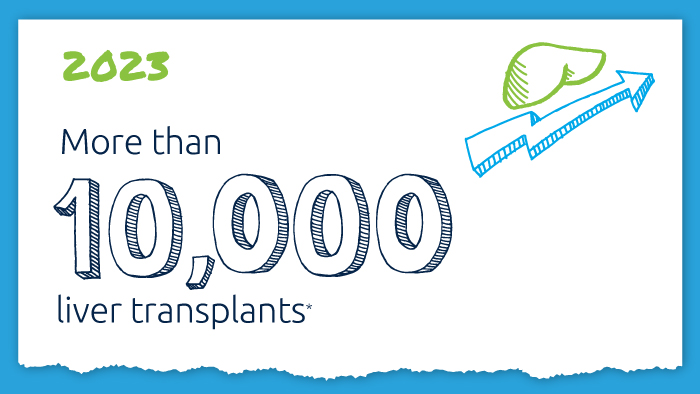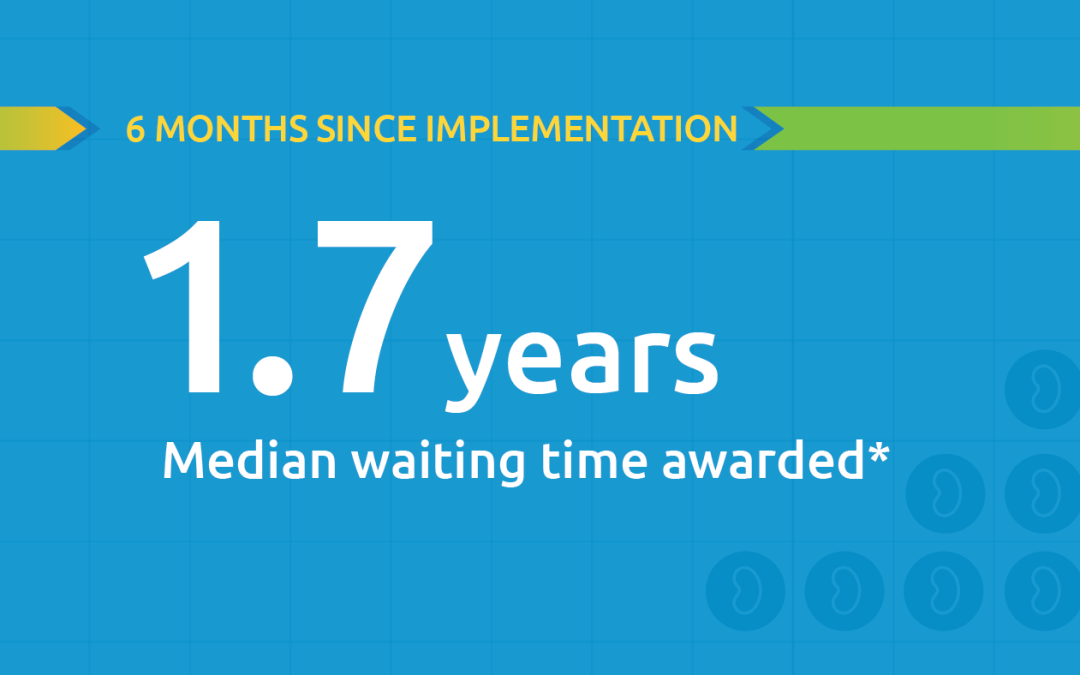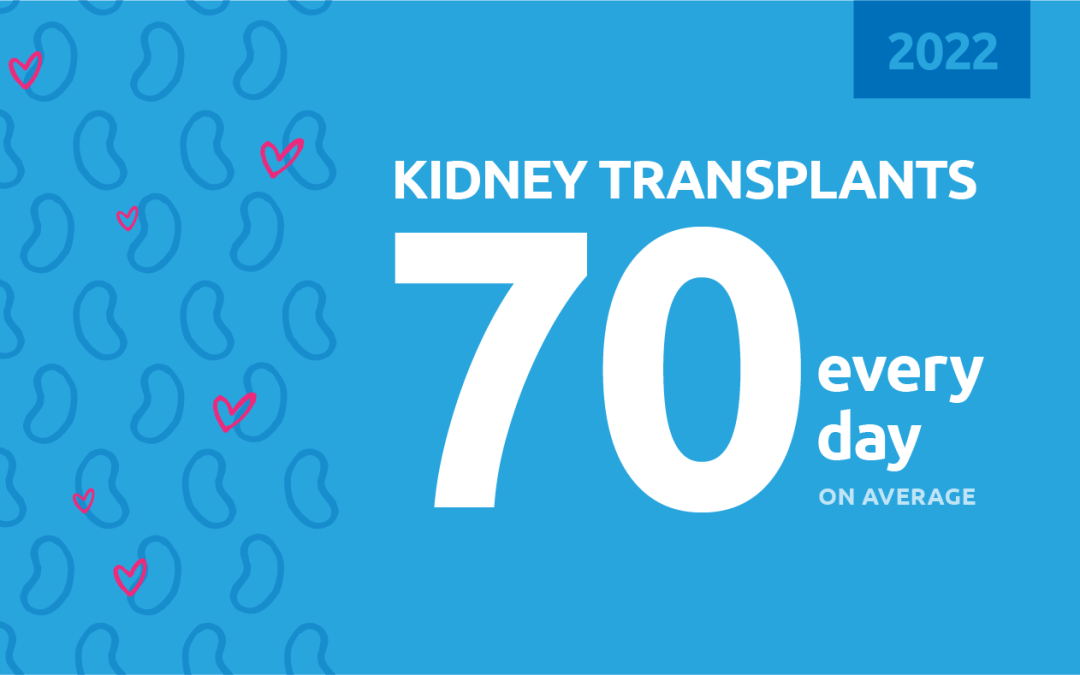in focus
OPOs and transplant hospitals collaborate to track organs in transit
New UNOS Organ Tracking Service has tracked 610 transplantable organs to 122 transplant hospitals across the nation.
In October 2020, UNOS Labs completed pilot testing devices from multiple manufacturers to perform a very unique task – tracking donor organs while in transit. During this testing phase, which involved coordinating with five OPOs and a private courier, 16 additional OPOs and transplant programs participated in focus groups to share their further perspectives on tracking solutions.
Those pilot learnings have led to an organ tracking solution involving the integration of the GEGO global tracking device with FlightAware, TransNetSM and UNetSM. UNOS Labs first beta-tested this integrated solution with 15 OPOs beginning in March 2021. After successful testing and following additional enhancements, UNOS Organ Tracking Service is now available nationally.
UNOS Organ Tracking Service has traced 610 transplantable organs to 122 transplant hospitals since the start of beta testing. The pilot was funded by Fresenius Medical Care Foundation, which focuses on raising awareness of kidney disease and transplantation as a lifesaving solution. Learn more about the other grant-funded projects the Fresenius Medical Care Foundation helped make possible.
Fresenius Medical Care Foundation is a separately operated 501(c)(3) nonprofit of Fresenius Medical Care North America
In focus

A decade of record increases in liver transplant
10,660 liver transplants, the most ever in a year.

Black kidney candidates are receiving waiting time modifications, helping them get the organs they need
Latest kidney monitoring report shows two new kidney polices are working as intended

Research in focus: examining organ offers
Three recent studies from UNOS researchers examine offer acceptance practices and impact of Offer Filters tool.

New milestone reached in kidney donation and transplant
For the first time, more than 25,000 kidney transplants were performed in a single year
